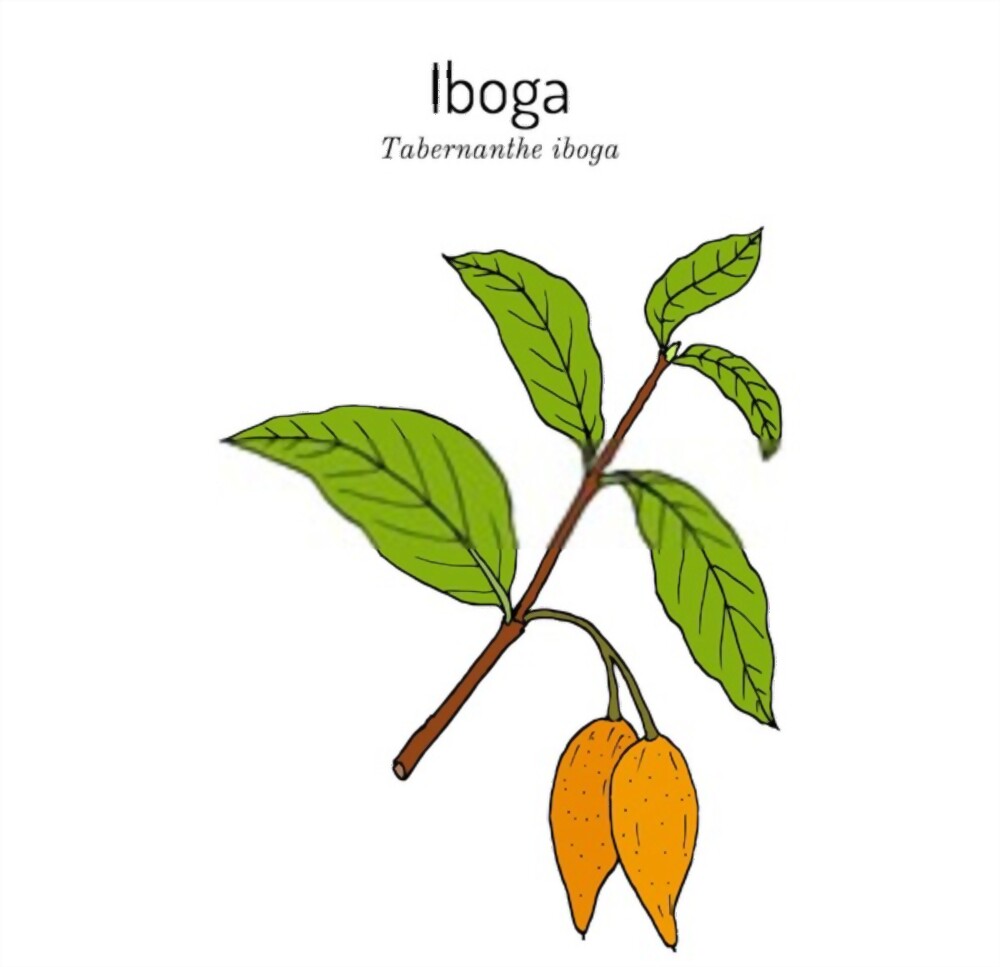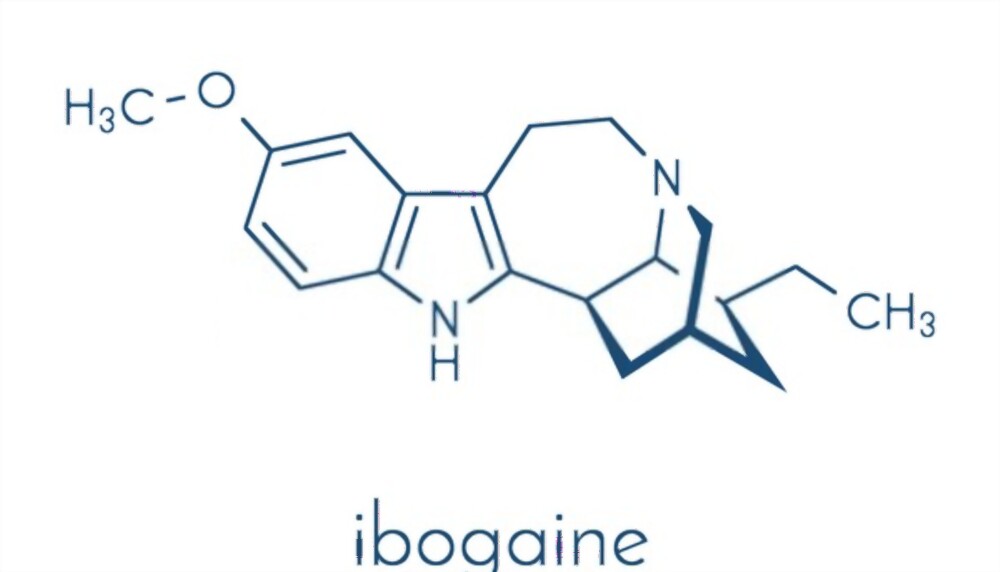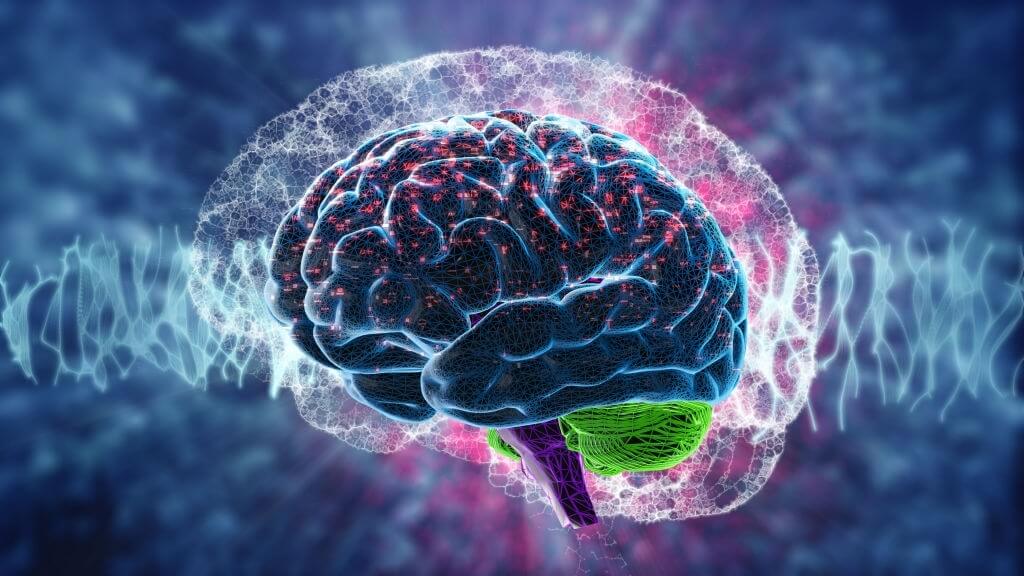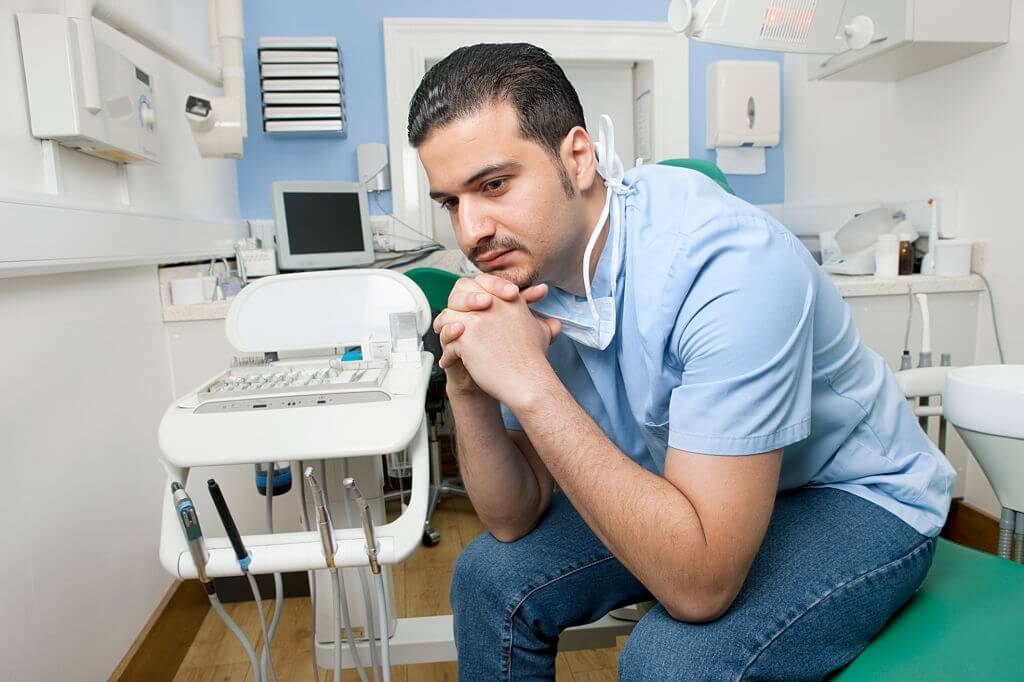Iboga and ibogaine can be perfectly safe, but only in a medical setting with proper screening and exclusion criteria in place, as well as expert dosing. Ibogaine can slow the heart beat down and prolongs the
QT interval. Without a medical team and heart monitoring equipment, you are putting yourself at risk. Sadly, there have been a number of ibogaine-related fatalities in the past few decades. That said, even with the mixed bag of clinics globally, ibogaine is still statistically safer than methadone.










